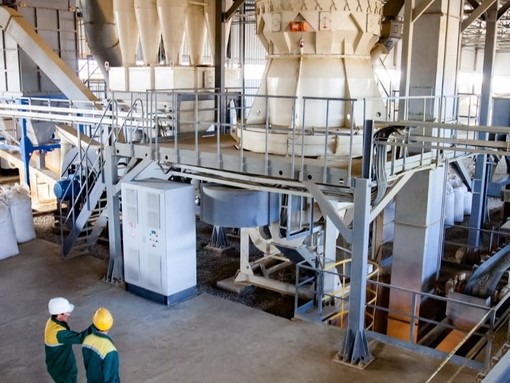
How to become a … Construction Manager
There is an increasing number of construction manager jobs available in the UK construction industry. If you want to know how to become a construction manager and to see if the role is the right fit for you, read on to find out more.
Here at Morson, we are specialist recruiters for the construction industry. Click here to search our latest construction manager opportunities.
Rates
£40-80k
Hot Spots
Hinkley Point C / HS2
Qualifications
HND/HNC, Degree

What does a construction manager do?
A construction engineer or manager, sometimes referred to as a site manager, is in charge of pretty much everything that occurs on a building site. One of the most senior people to be found on-site, you’ll be expected to oversee and direct the specific operations within a building project. Your day-to-day activities can vary. From hiring staff and going over plans with architects, surveyors and engineers, to planning work schedules, monitoring progress and reporting back to clients. You’ll be the main point of contact on-site, both for subcontractors and the general public.
What is a construction manager’s salary?
As a construction manager, your salary can vary, depending on the area, project and employer you’re working for. At the start of your career you can expect to earn between £27,000 and £33,000 per year, with this increasing to £40,000 – £60,000 as you gain more experience.
Construction managers at the peak of their career, especially senior or chartered managers, can often see their salary go up to £80,000 per year. These figures are intended as a guideline only.
What skills do I need?
First and foremost, a successful construction manager needs excellent communication and leadership skills, as you’ll be interacting with a number of different people and need the ability to motivate a team. You’ll also need a good understanding and awareness of health and safety procedures to ensure a safe work environment is maintained.
Planning, decision-making, and problem-solving skills are essential, in order to handle the day-to-day running of a construction site and to overcome any potential obstacles you may face throughout a project.
Maths and IT skills are also important. You’ll need an in-depth knowledge of various building methods and be competent using project management and financial computer software.
What qualifications do I need?
Construction manager jobs usually need a HND/HNC, a foundation degree or degree in a relevant area, such as building engineering, architecture studies, civil engineering, construction management, or construction engineering. You’ll also need to have considerable work experience in the industry.
Alternatively, you can apply for a Modern Apprenticeship through the Construction Industry Training Board (CITB), after studying a number of subjects such as English, maths, science, and technology. You can then study part-time for an HNC/HND.
You’ll also need a Construction Skills Certification Scheme (CSCS) card to work on a construction site, and will need to have passed a health and safety test.
What are the hours and conditions?
You’ll usually work around 40 hours per week, Monday to Friday. Sometimes you may need to work overtime in evenings or weekends to meet tight deadlines as and when the project requires it. You’ll spend a lot of time traveling between job sites and meeting contractors and clients, so be prepared for long days on the road and time spent away from home.
Working on-site can be dusty, noisy, and dangerous. A lot of your time will be spent outdoors, meaning you’ll face all manner of different weather conditions.
As with any on-site work, you’ll be required to wear protective clothing, such as hardhats, safety boots, ear protection, and goggles.
Career progression
With time, experience, and additional training, there are a number of opportunities for progression in your career. Some people choose to move into contract management or consultancy, while others move into senior or project management positions.
Alternatively, you could move into support services, such as health and safety or building inspection.
An excellent way to improve your career progression prospects is to attain chartered status. The Chartered Institute of Building is an industry body that offers a number of different membership options to help you boost your career.
Morson is a specialist recruiter for the construction sector. To view all of our current jobs within the industry, click here.
















